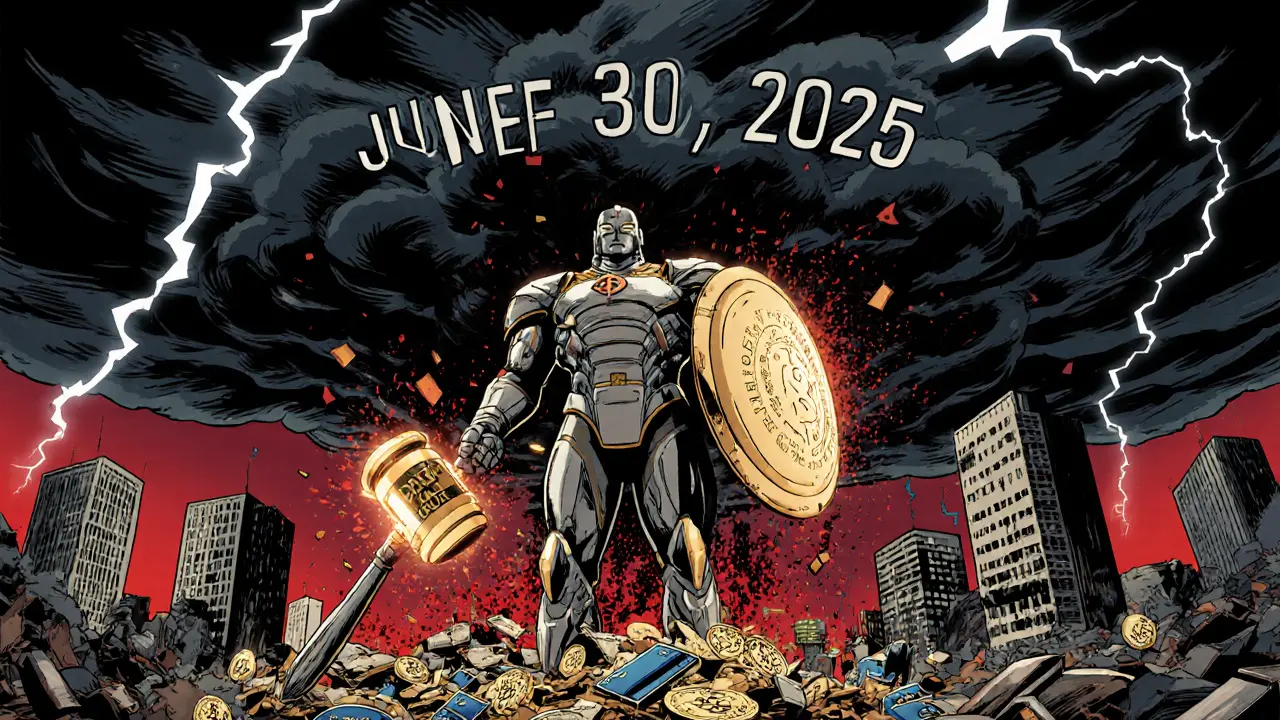When a crypto platform says it’s DTSP license, a regulatory designation for digital asset service providers that ensures compliance with anti-money laundering and customer verification rules. It’s not just a badge—it’s a legal requirement in several jurisdictions to operate legally. Without it, platforms risk shutdowns, fines, or being blocked by banks and payment processors.
The DTSP license ties directly to crypto regulation, the set of laws and standards governments use to control how digital assets are issued, traded, and stored. Countries like France, Germany, and Singapore require exchanges, wallet providers, and even DeFi intermediaries to hold this license. It’s not optional if you want to serve real customers. The license forces platforms to verify users, report suspicious activity, and keep clear records—just like traditional banks. That means fewer scams, less money laundering, and more trust for everyday users.
But here’s the catch: not every platform with a DTSP license is safe. Some get the license but still run shady operations. Others skip it entirely and operate in legal gray zones. That’s why you’ll see posts here about exchanges like YOOBTC and Winstex—both unlicensed, both risky. Meanwhile, platforms that do hold the license often get flagged in compliance reviews, like the ones tied to OFAC sanctions, U.S. government lists of crypto addresses linked to terrorists, hackers, and sanctioned entities. If a licensed exchange is on that list, it’s a red flag you can’t ignore.
What you’ll find below are real-world examples of what happens when regulation meets reality. From airdrop scams hiding behind fake compliance claims to exchanges that vanished after losing their license, these posts cut through the noise. You’ll learn how to spot a licensed platform that’s legit—and one that’s just pretending. This isn’t theory. It’s what’s happening right now in crypto, and you need to know the difference before you trade, invest, or even sign up.

MAS has drastically tightened crypto oversight in Singapore, effectively banning new licenses and enforcing strict AML, consumer protection, and compliance rules. Only a handful of firms can now operate legally.